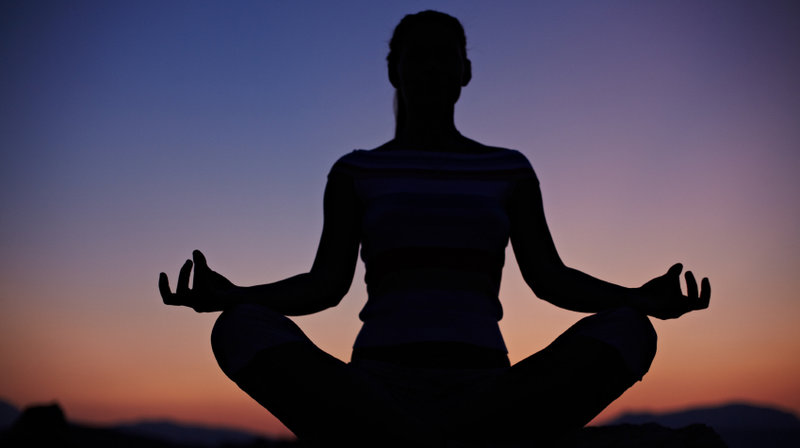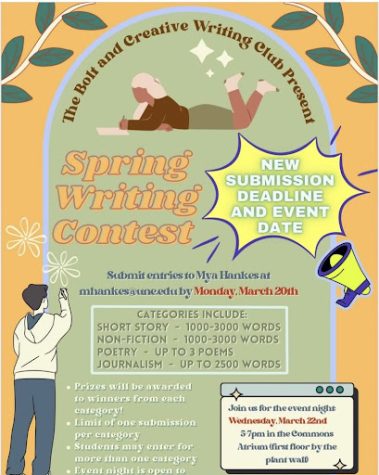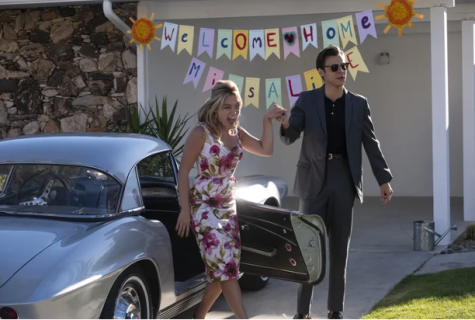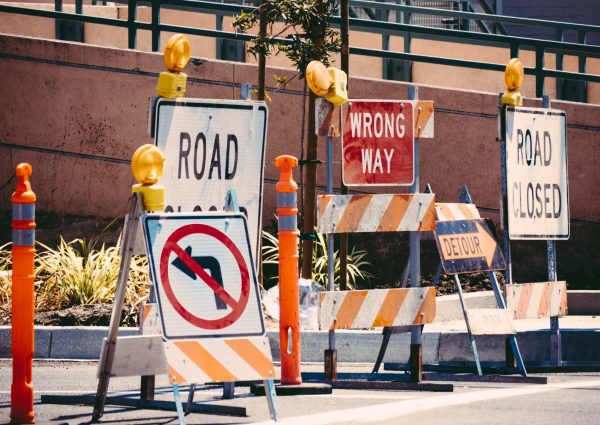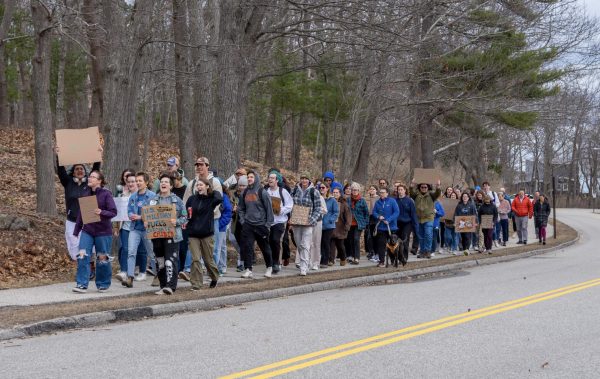Meditation
Dedicated to the flowers, the roots, and water down by the creek, that show us how to be
To listen to the podcast version: Click here
Some of us have been social isolating for weeks now, nearing a month or more. Whether you’ve adapted to it or not, it’s difficult to live this way. Uncertainty about the future is constantly looming and it can be hard to find solace.
Today I thought I’d share an aspect of my life that has helped me immensely in this time and overall in every area of my life: meditation.
What exactly is meditation? It’s a term used loosely in society, and often in a wide variety of contexts and with different meanings. To meditate, really, means to be completely present with your mind and body. Your mind and body are focused solely on the current moment in time, giving no thought to the past or present.
I also want to make the distinction between meditation practice and mediation.
You can meditate on anything, anywhere, at any time. A common example of this is during swimming. When swimming laps, you allow yourself to be one with the water. Your mind and body are engaged only with the task of swimming. Water streams between your fingers, the temperature engulfs your body and you notice all the small details, whether it’s the tile pattern at the bottom of a pool or the rock formations along the shore of a lake. Each individual stroke blends into the motion of swimming. When swimming, you find you aren’t focused on the thousands of strokes and laps ahead of you, nor the thousands of strokes and laps behind you, you only ever do one stroke at a time. To meditate on swimming means simply to be with that individual stroke at that moment in time, every moment.
Mediation is like any skill, it takes time, patience, and practice to become better at it. Before you take up the practice it is crucial to understand why you are starting mediation. Setting an intention will help you stay with it. You will have given yourself reasons to keep going.
Perhaps these reasons are to become less rash with your decisions and actions, reduce your anxiety, be more present in your life, improve mindfulness and become more reflective, have better self-discipline, or to better understand your emotions.
To begin meditating, find a comfortable place; somewhere you feel safe and warm. I prefer a room with lots of natural lighting. On a pillow or cushion placed on the ground, sit up straight with relaxed shoulders. This elongates the spine and opens up the chest allowing for deeper and easier breathing. Place your hands folded upwards in your lap. Whether you close your eyes is up to you. Once you find that comfortable position, simply relax into your breathing, and focus only on each individual breath.
There are different benefits to keeping your eyes open versus being closed. When I want to practice being aware of my surroundings, I keep my eyes open. If I want to focus on my breath and eliminate stimuli, I keep my eyes closed. Figuring out what works for you may take some time and practice.
There are countless guided meditations on YouTube that I used, in the beginning, to help myself focus on breathing. As easy as that sounds, it’s surprisingly difficult.
You will notice your mind constantly trying to wander to the past or future and it will be hard to keep your thoughts silent. Understand that it is completely normal. Our minds are innately busy. Meditation is a way of noticing when our mind wanders and practicing bringing the focus back to our breath in the present.
It’s important to understand this and to forgive yourself for this business. Don’t get caught up thinking you’re having a “bad session”. Like any skill, the more you do it, the better you become.
There is no ideal mediation session. It isn’t about the result, it’s about the process of bringing yourself back to your breath.
Why breathing? We breathe every second of every day, never stopping. We often take for granted how just remarkable breathing is. It’s the only consistent aspect of our life. Focusing on breathing is a way of anchoring ourselves to the moment.
Another important aspect of meditation is consistency. The point is not to be rigid about when or how to meditate, rather, it’s to be consistent in finding time to do it.
What worked for me was dedicating just ten minutes, around the same time each day, to sit down and meditate. The morning was a good time for me; after my coffee and a quick shower.
Keep in mind, it also takes between 14-21 days for a habit to form. So, right now is a great time to start working on creating this healthy habit.
Months before this pandemic I brought the practice of mediation into my life. For ages, I had read and heard about the positive benefits of meditation, but I never thought it was for me. Then one day, I picked up the book, “Sit Like A Buddha: A Pocket Guide to Meditation” by Lodro Rinzler, and decided to give it a shot. I have now been meditating for ten minutes every day since early January.
I find that my overall stress levels are far lower than they had been before I started. I notice I’m more present in my conversations and interactions with others, my school work, and overall in life.
I find that I spend less time in my head grueling over worst-case scenarios and more time being intentional with what I’m doing at any given moment. Writing this article, for example, I notice that because of my mediation practice I am better at staying focused on my writing. I am able to better notice when I get off track, not judge myself for it, and gently refocus myself.
I have found that the biggest adversary of mediation is my phone. While I use my phone to set the timer for my meditation, its crucial to turn off notifications. Our minds are now geared to want to know what kind of notification we have received, and that can completely pull us out of the meditation zone. Simply set it across the room or out of sight, until you hear that timer ring.
There are countless resources online where you can find more information on the practice. I’ll post a few links to resources I found helpful at the bottom of this article.
I hope this has been an informative introduction to meditation and its benefits.
Be hopeful in these trying times. Focus on your breathing. And, in the words of Mac Miller, “Don’t put any more stress on yourself, it’s one day at a time.”
Stay healthy, stay safe, and until next time.
-Jack



